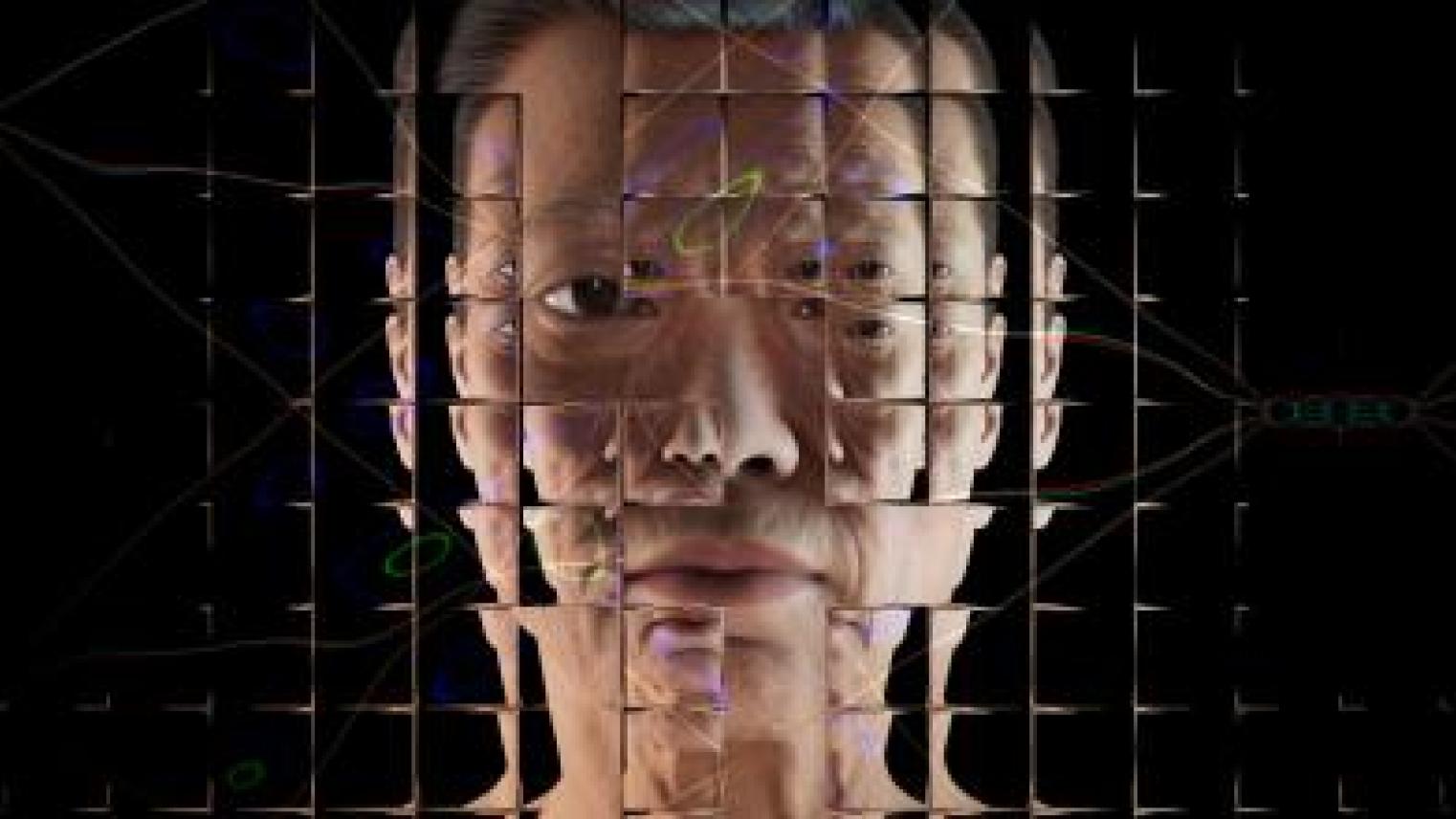We are witnessing a rapid diffusion of so-called “generative AI”—that is, machine learning technologies that simulate human languages, communication, arts, and cultural expression through the statistical modelling of vast troves of internet data.
We are witnessing a rapid diffusion of so-called “generative AI”—that is, machine learning technologies that simulate human languages, communication, arts, and cultural expression through the statistical modelling of vast troves of internet data. This rise has generated questions about the prospective impact on creative practice, knowledge production and methods of learning. Concerns around copyright infringement, misinformation, plagiarism and the spread of harmful content have highlighted how these machine learning systems can create and exacerbate forms of injustice and inequity. What, then, can be done to foster proactive responses to these issues? Can different approaches to design help ensure these technologies work in the public interest and are safe, accountable and inclusive to the wide range of communities who engage them?
Join an interdisciplinary panel of international AI researchers to discuss these emerging shifts and their implications for design and questions of justice.
Panel (3:30-5pm)
Chair: Kate Henne (Director of RegNet, School of Regulation and Global Governance, ANU)
Panelists: Michelle Jasper (Cybernetics, ANU), Katrina Sluis (Photography and Media Arts, ANU), Matthew Stone (Computer Science, Rutgers University), Wesley Taylor (Graphic Design, Virginia Commonwealth University)
Reception (5-6:30pm)
If you require accessibility accommodations or a visitor Personal Emergency Evacuation Plan please contact the event organiser.
Funded by the Consortium of Humanities Centers and Institutes as part of the “Design Justice AI Global Humanities Institute”
Image credit: Image by Alan Warburton / © BBC / Better Images of AI / Virtual Human / CC-BY 4.0
